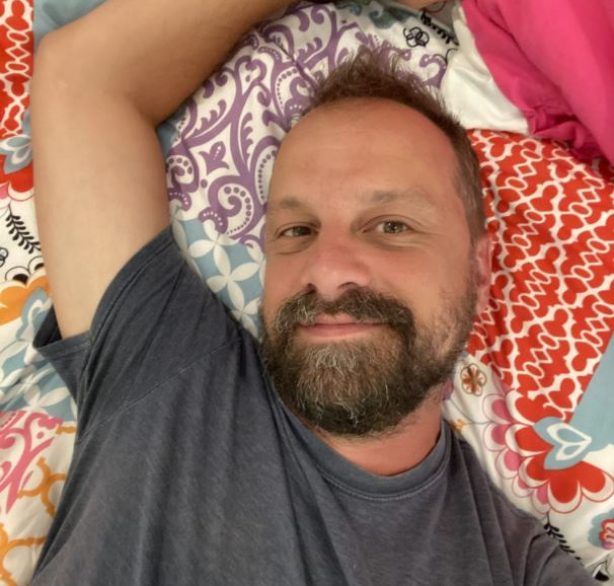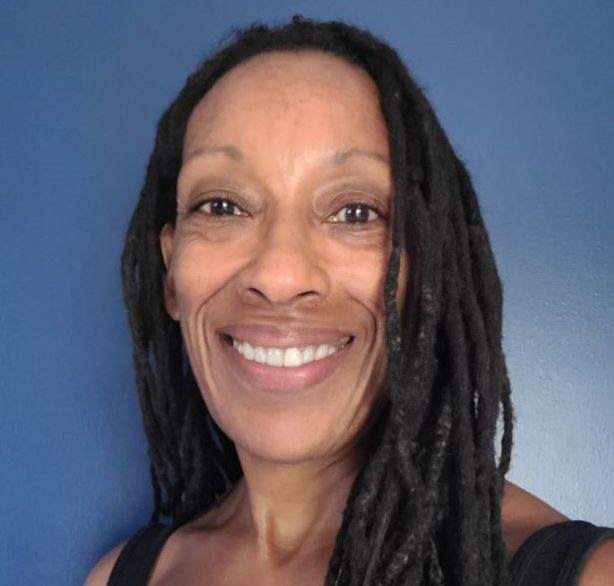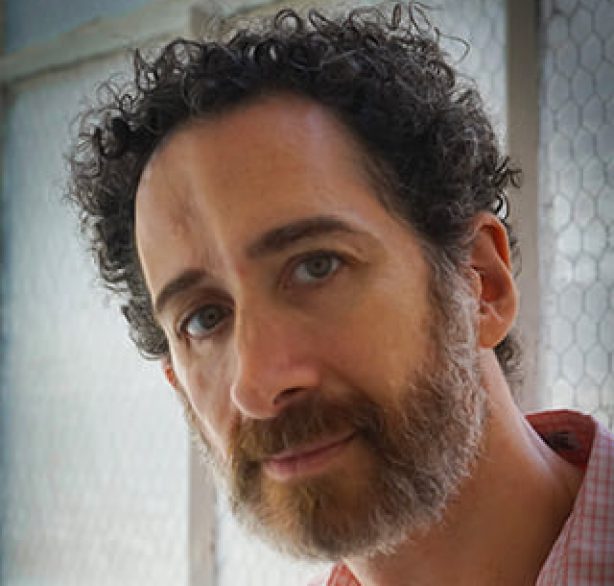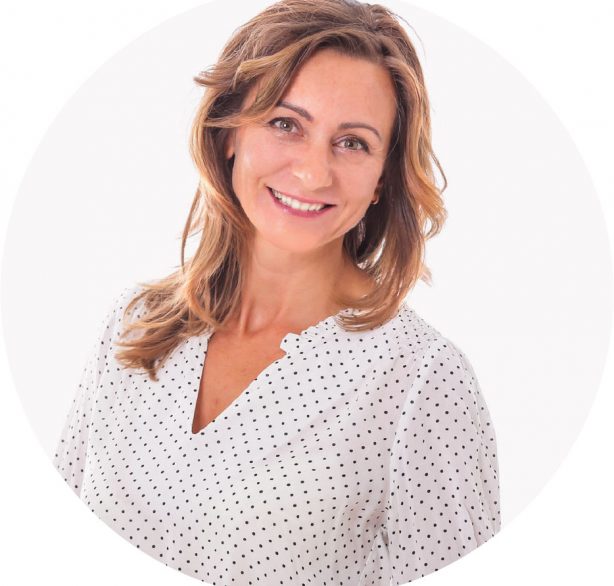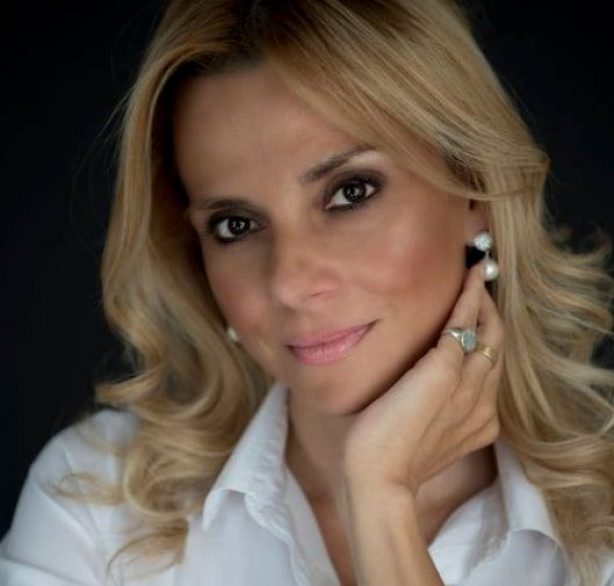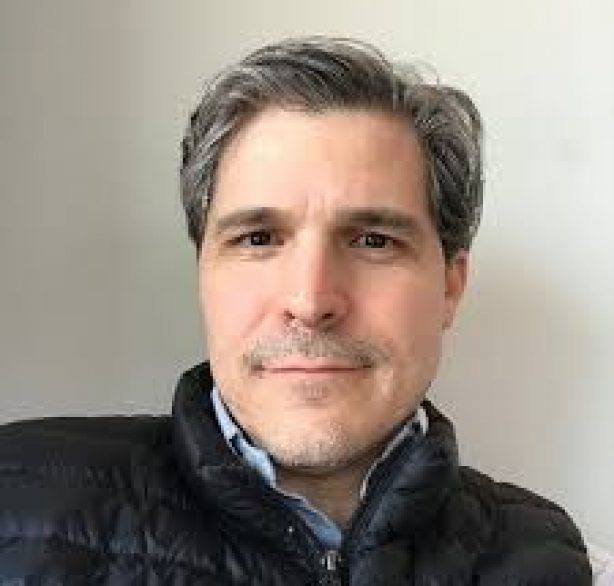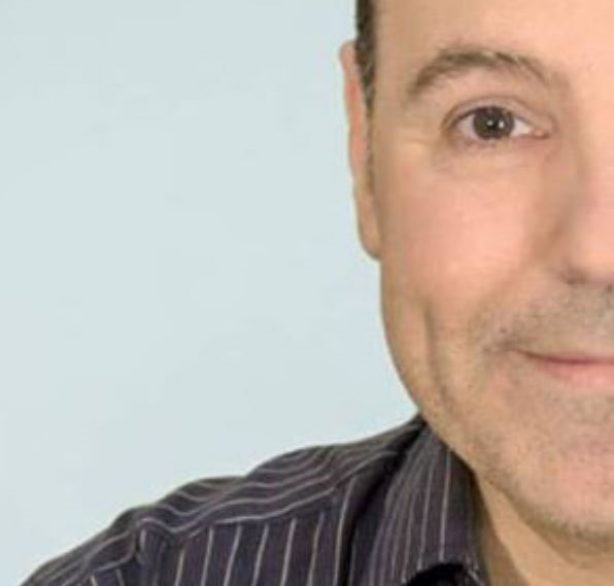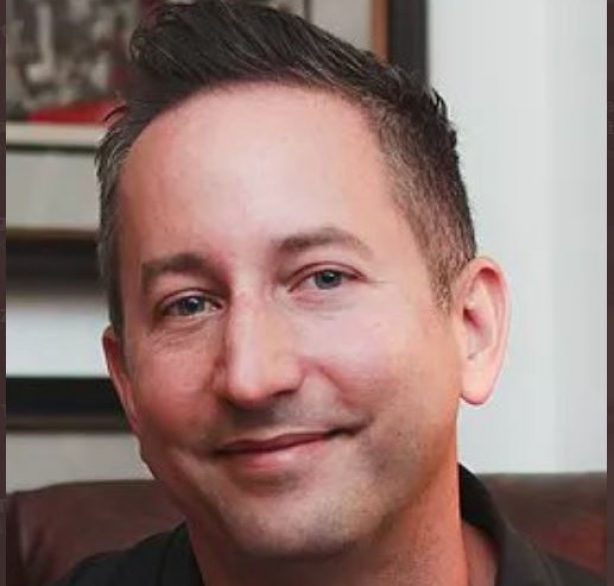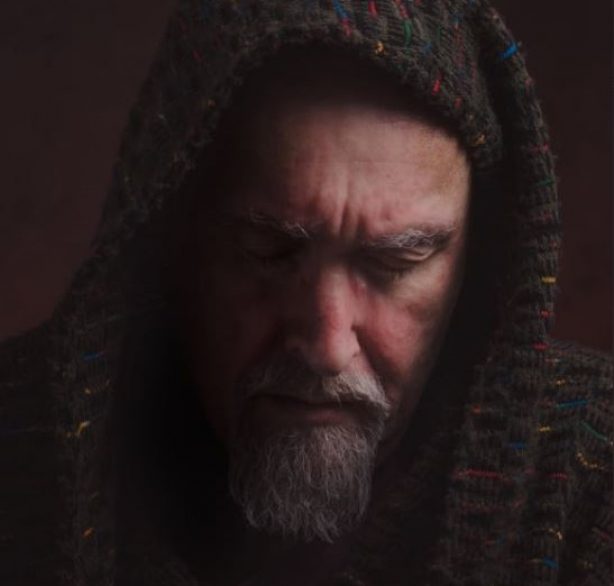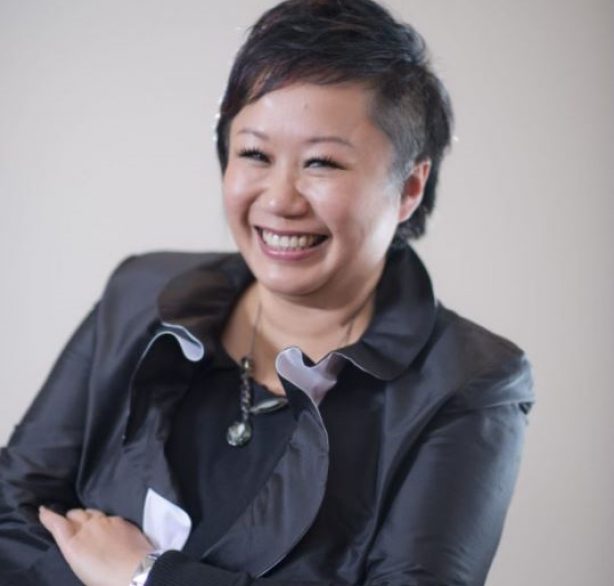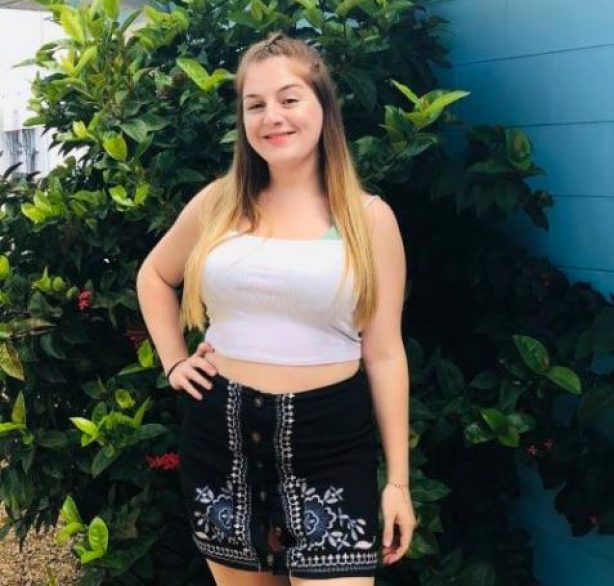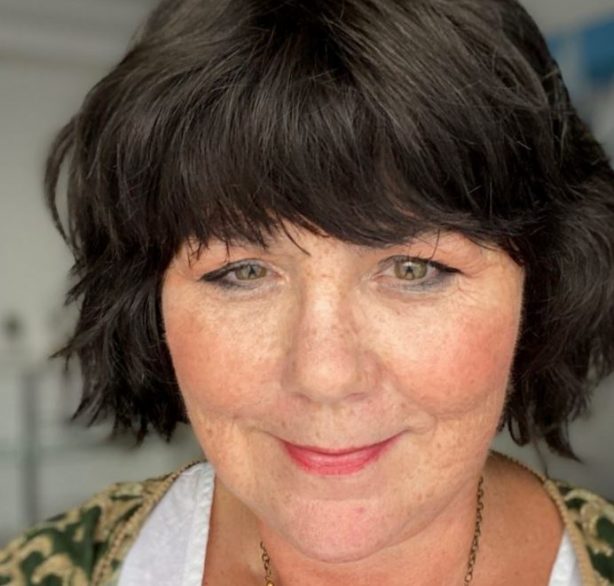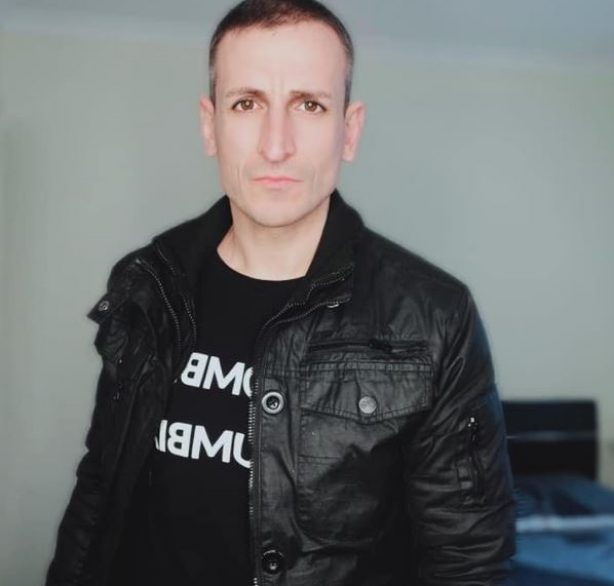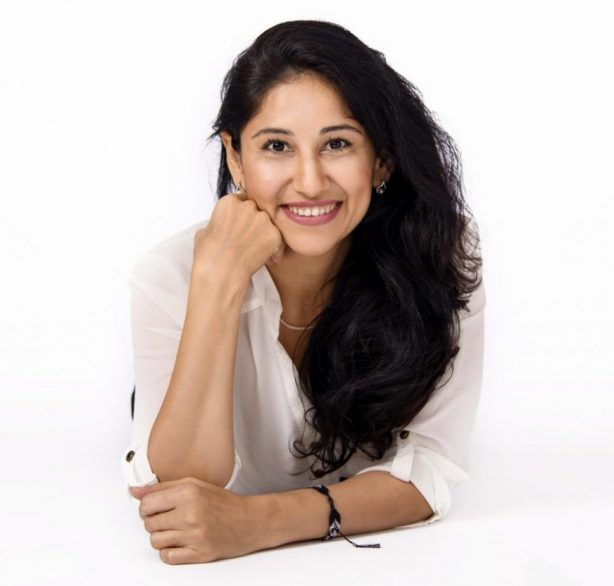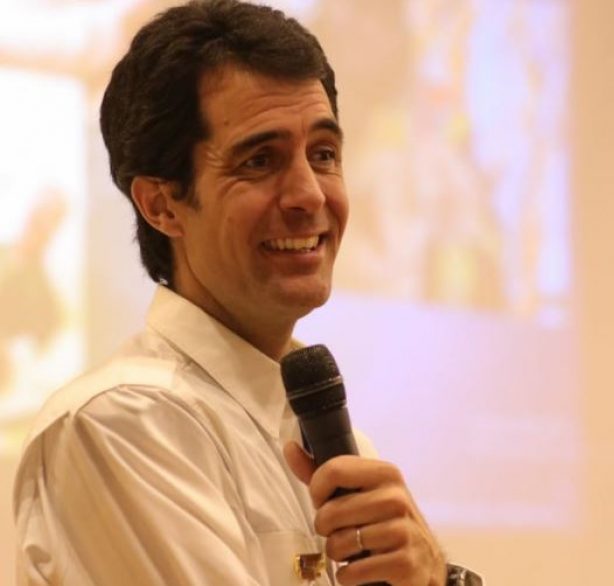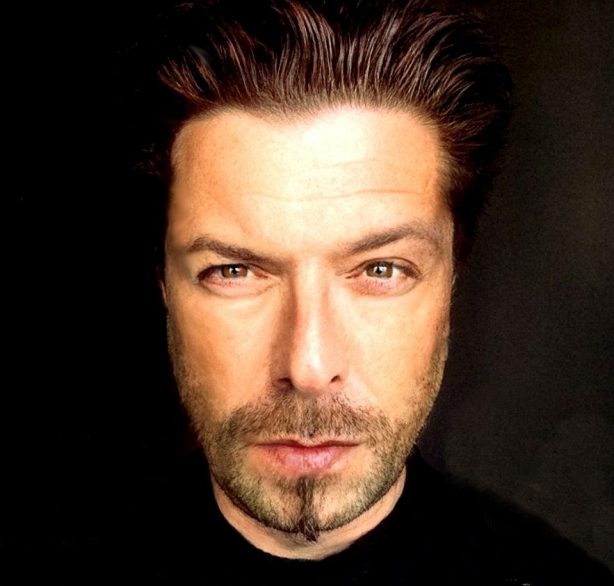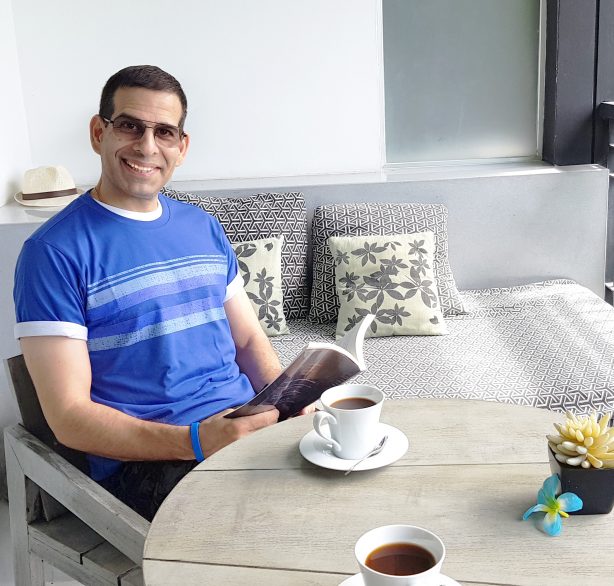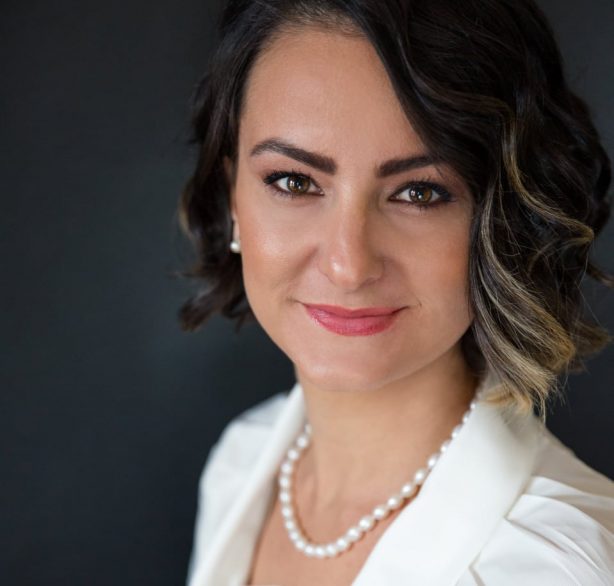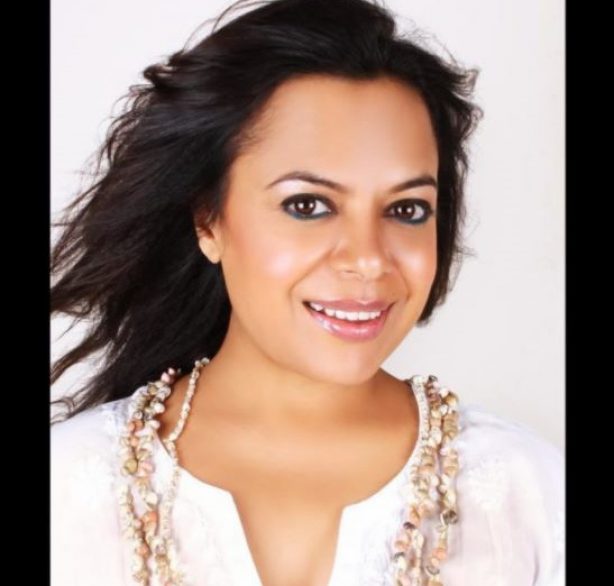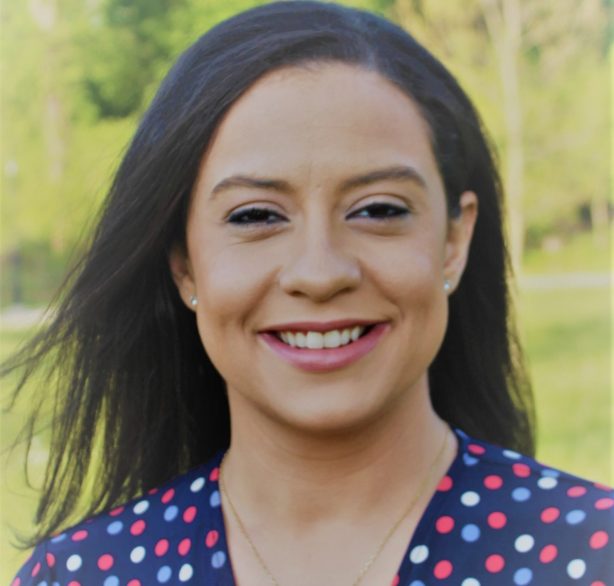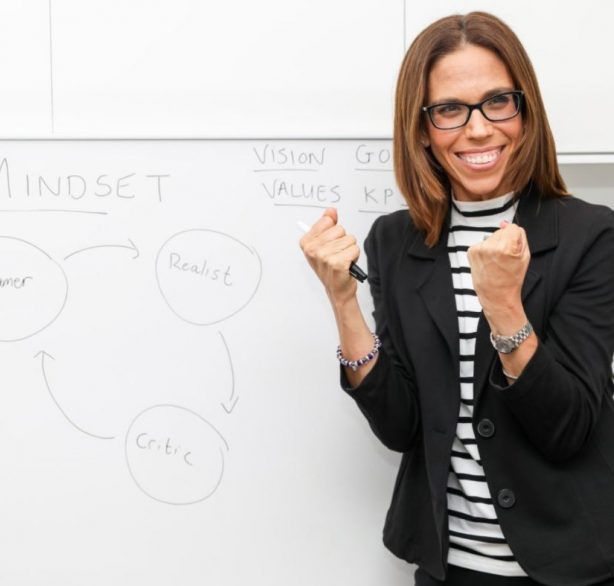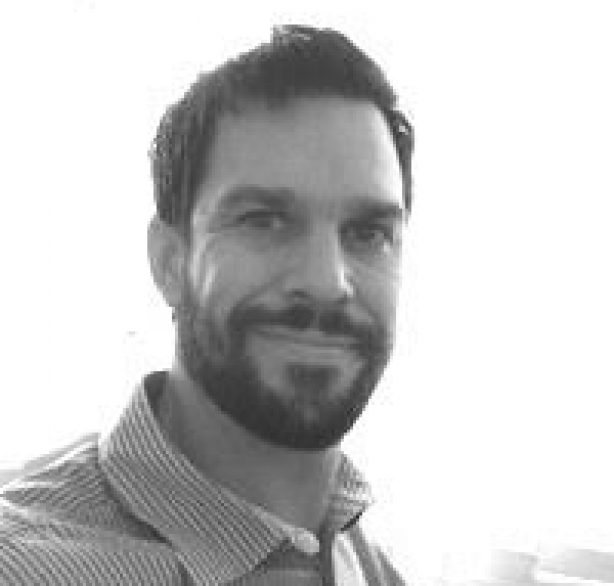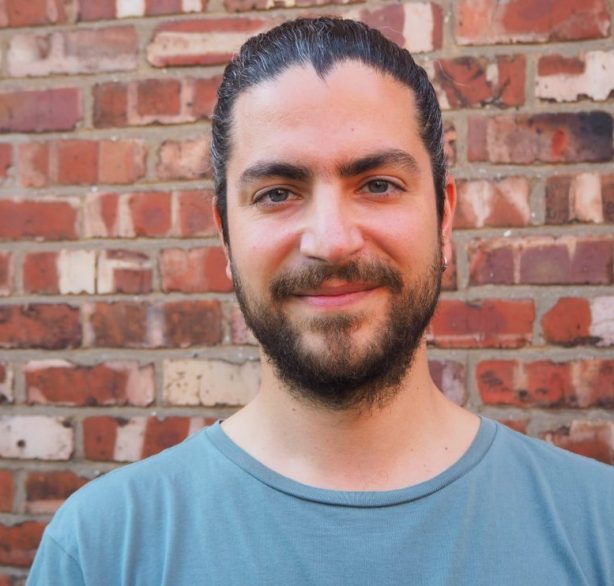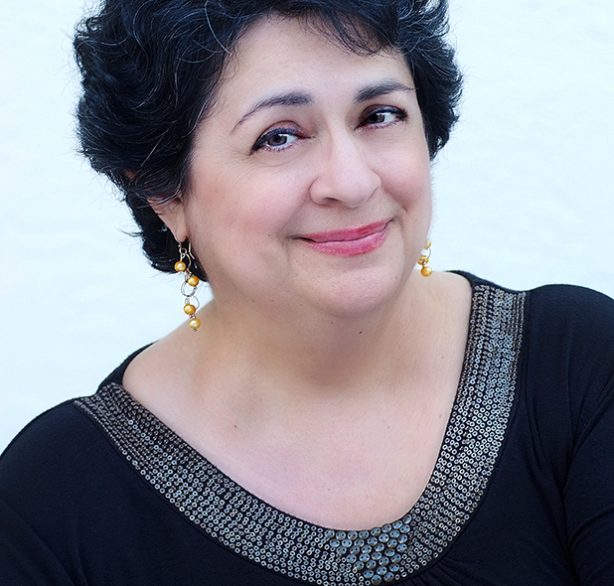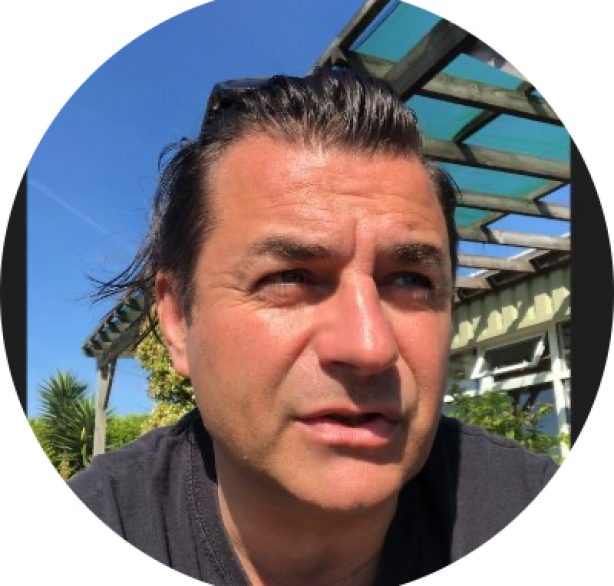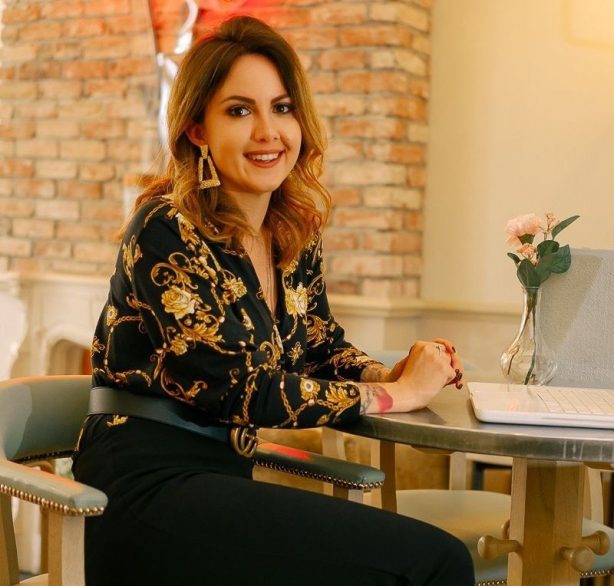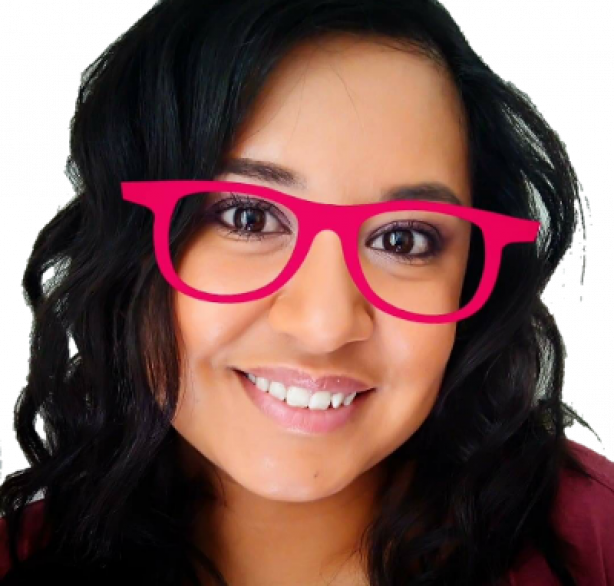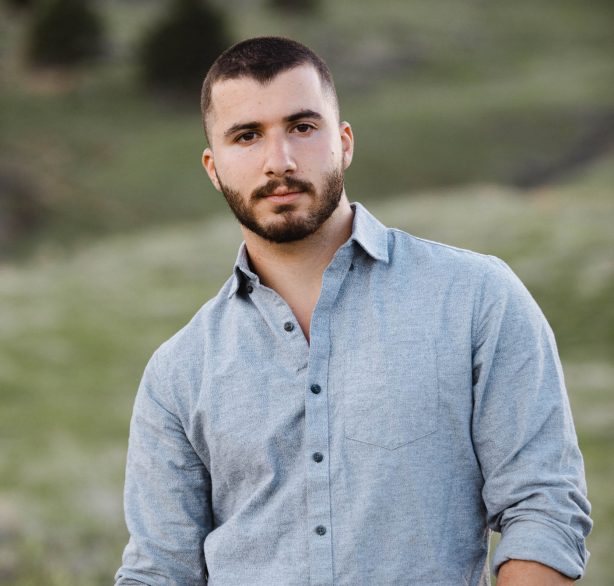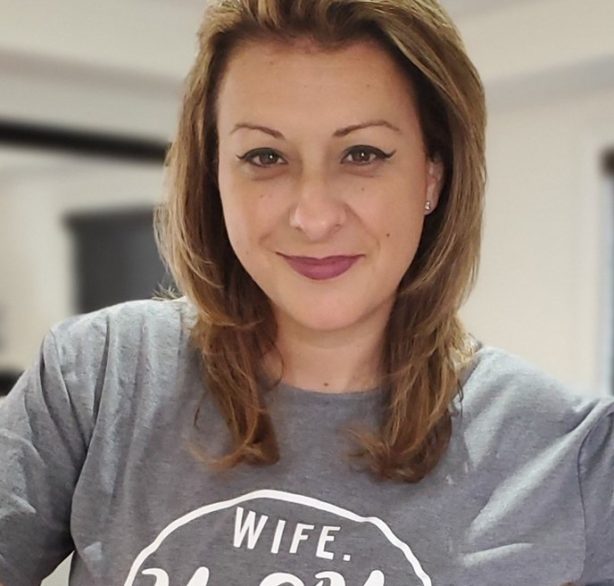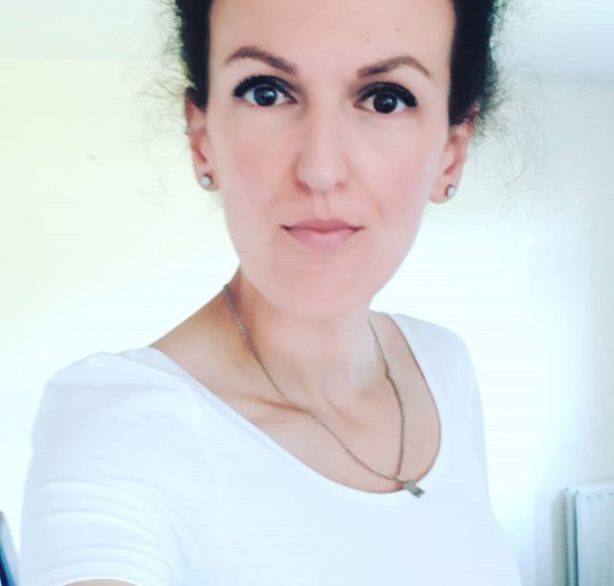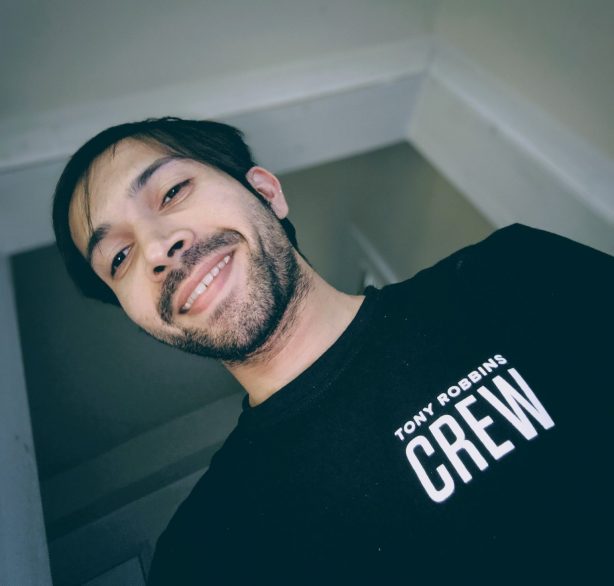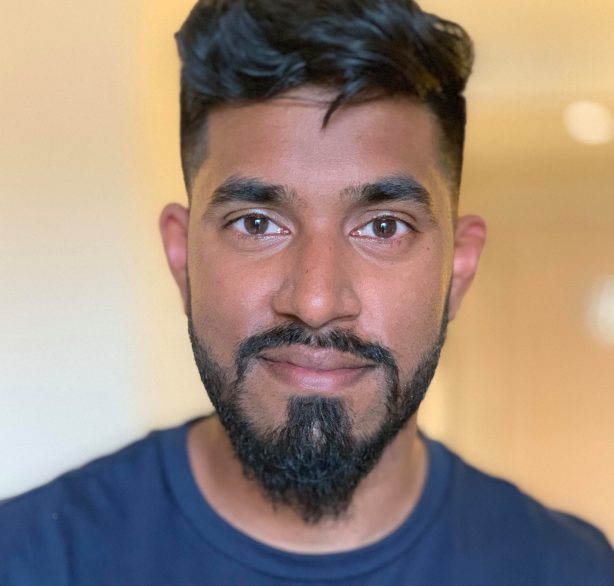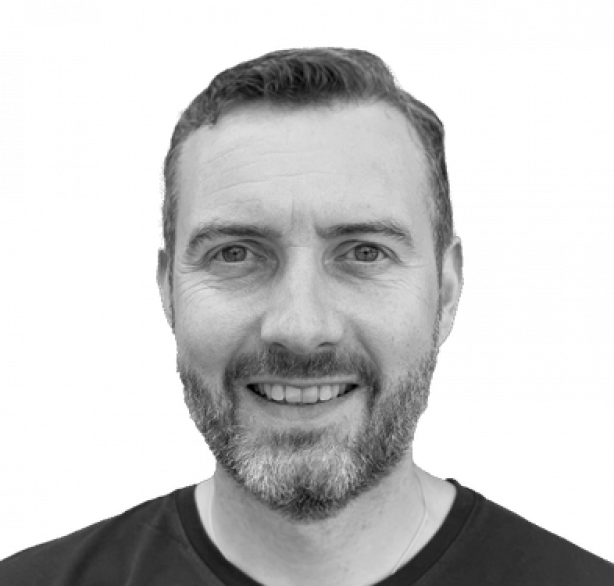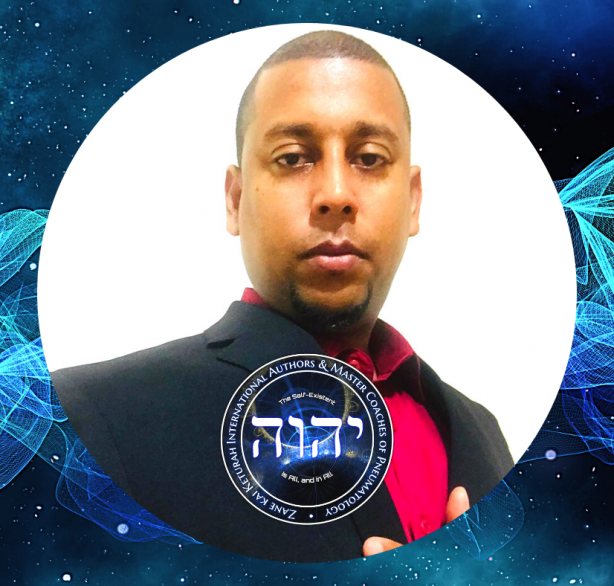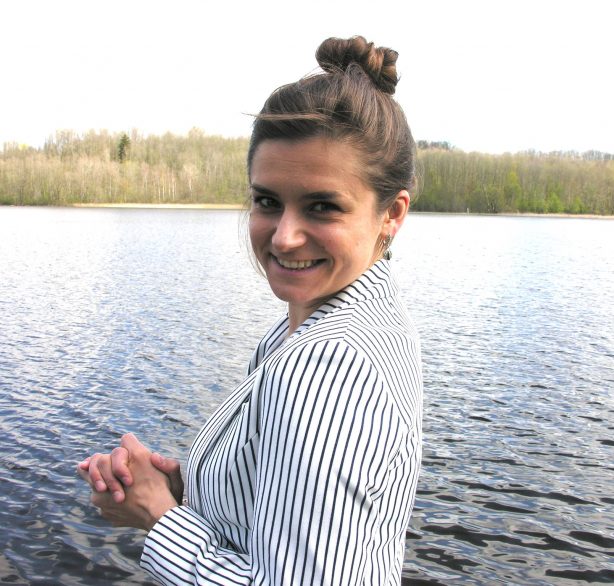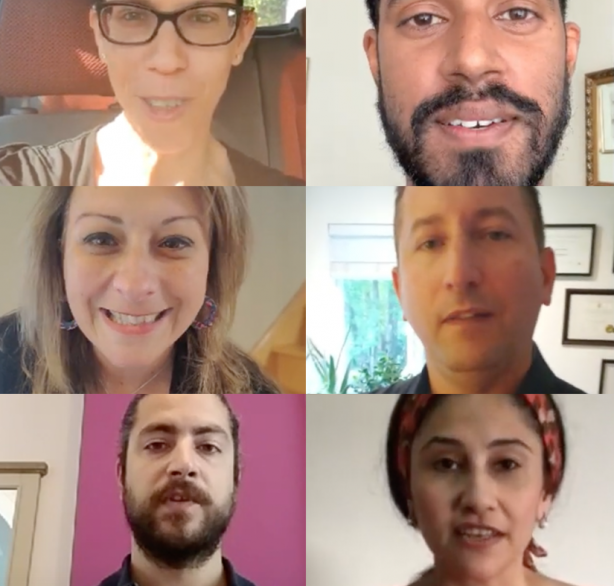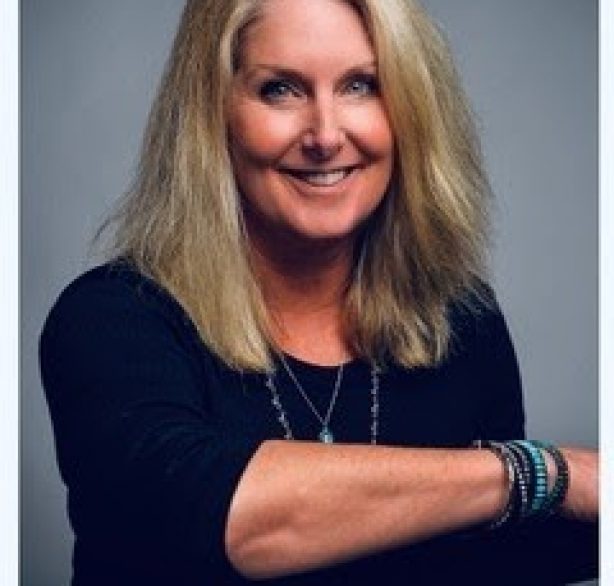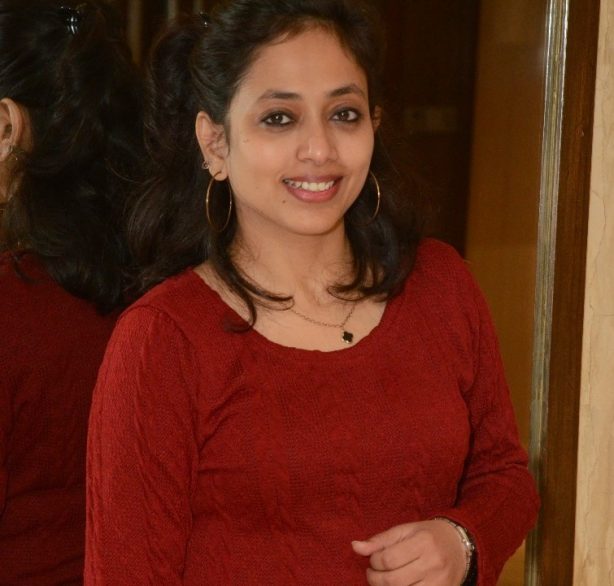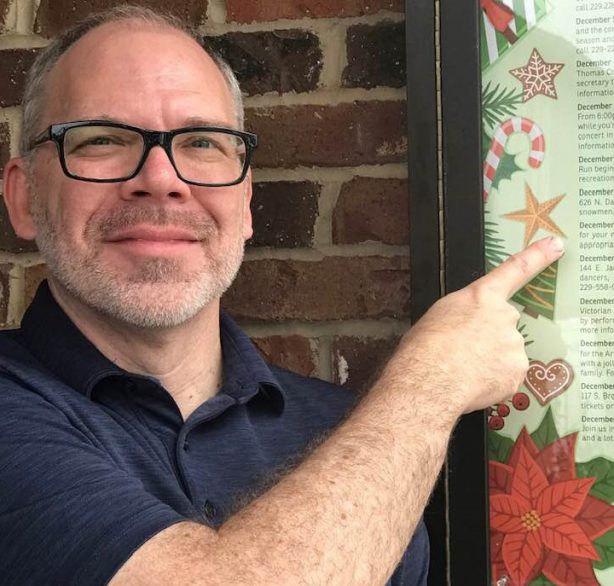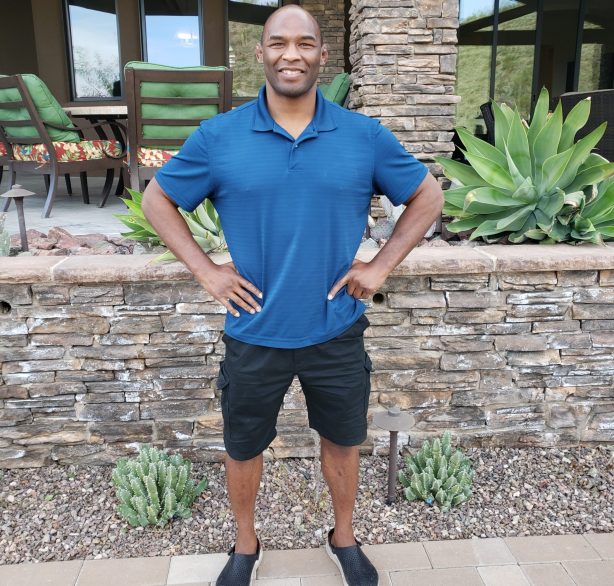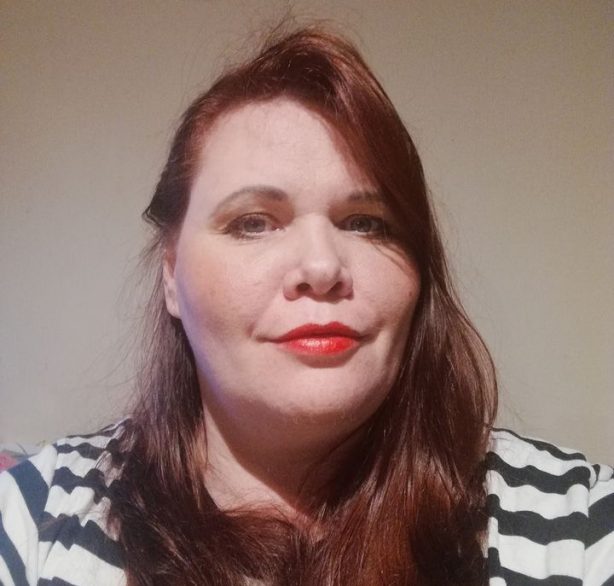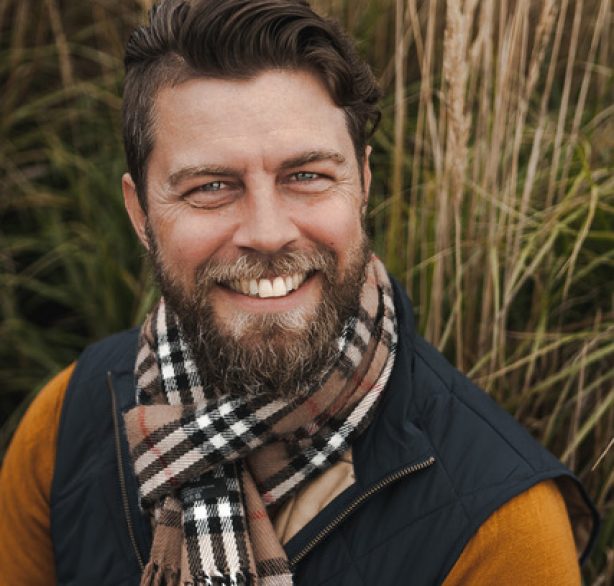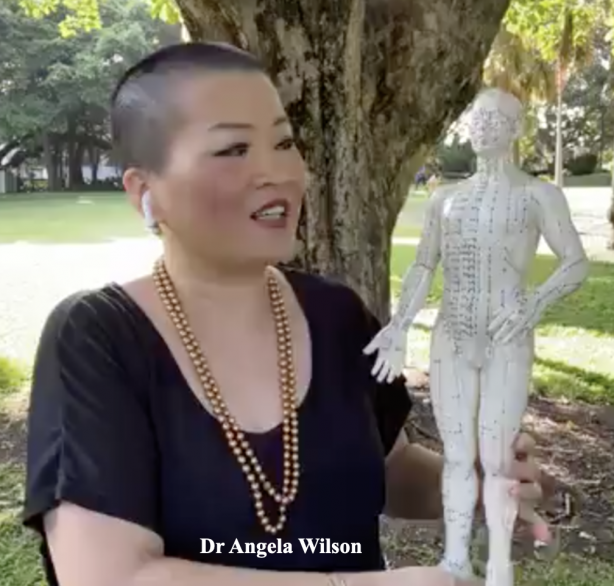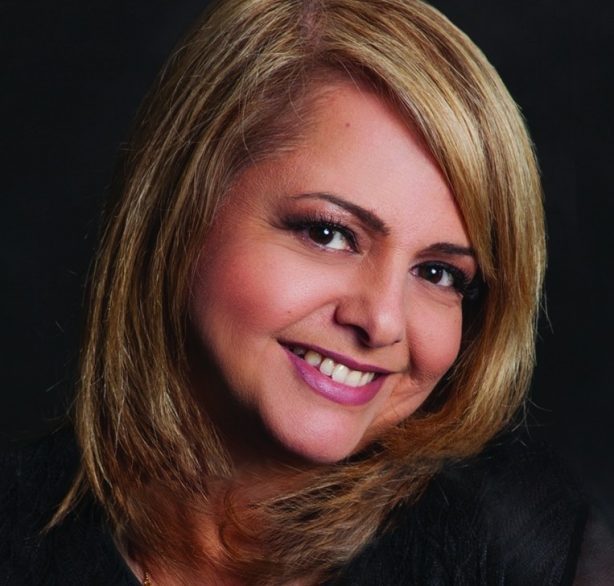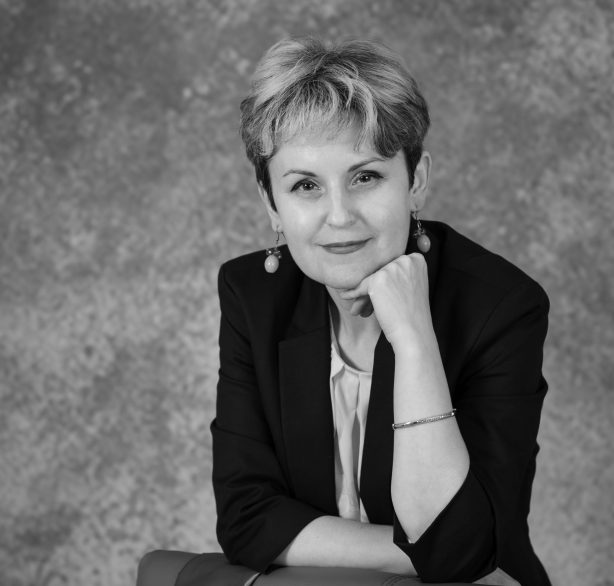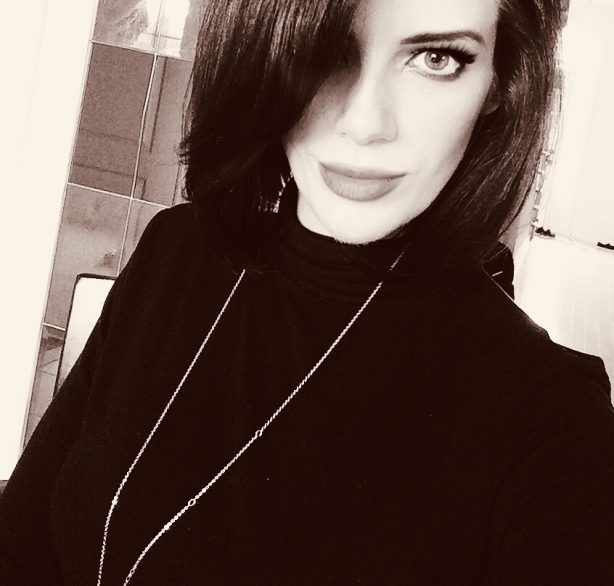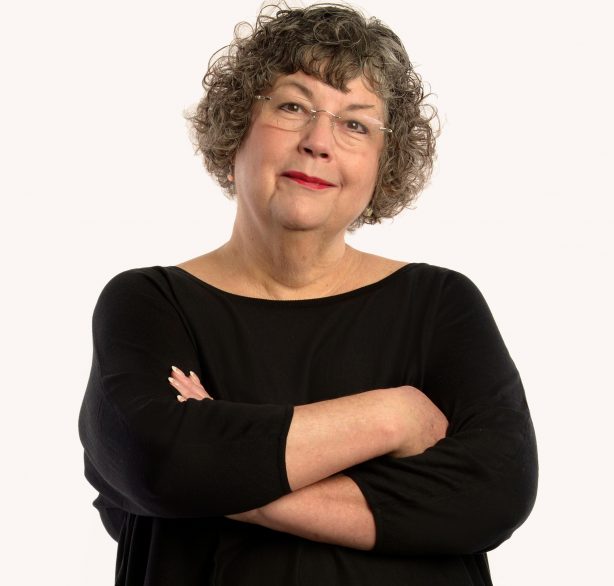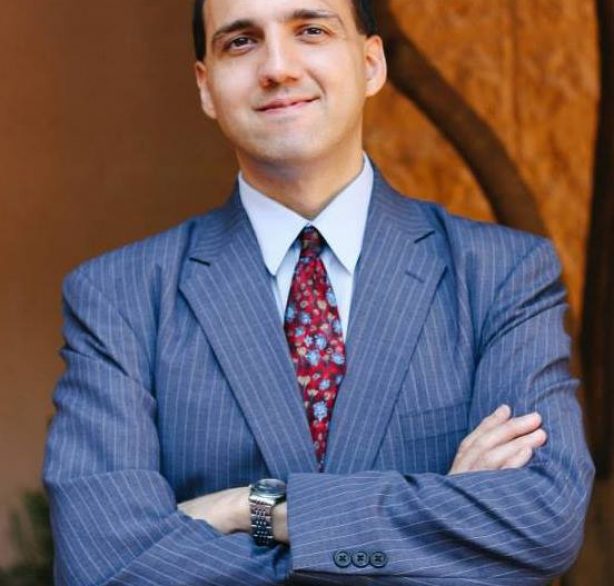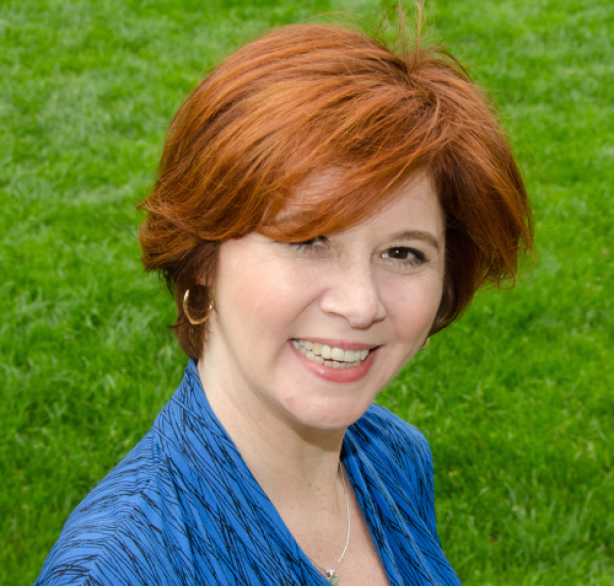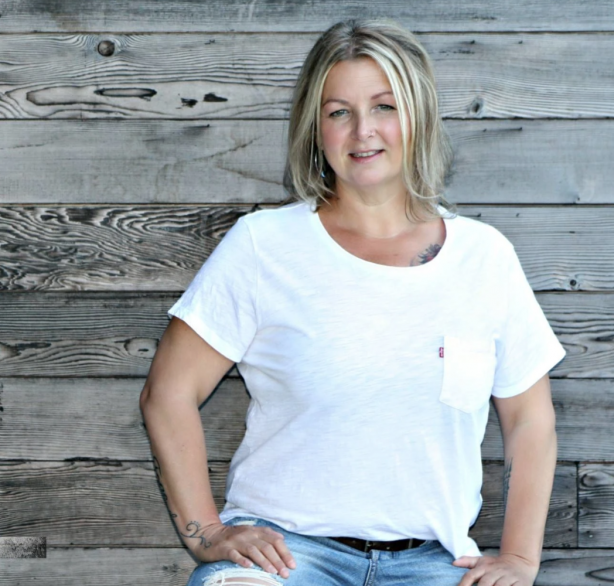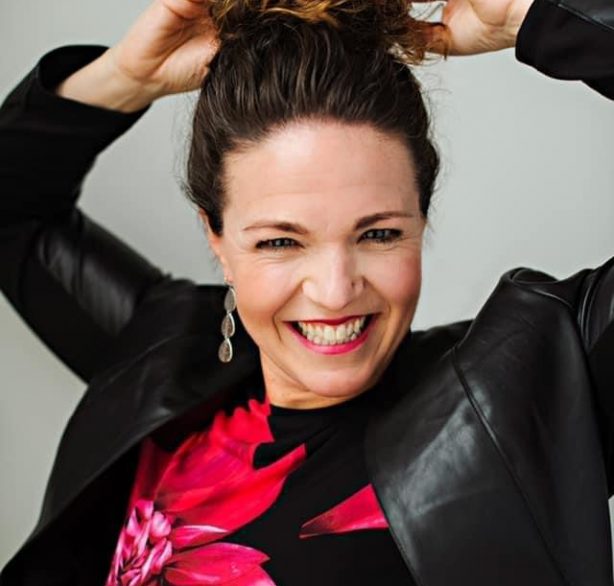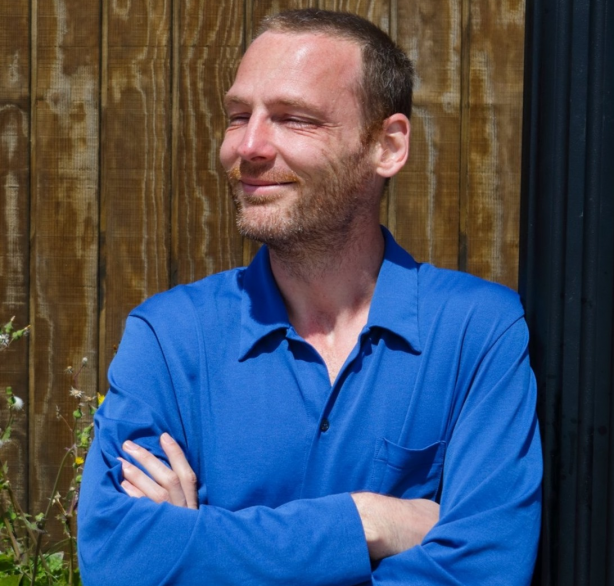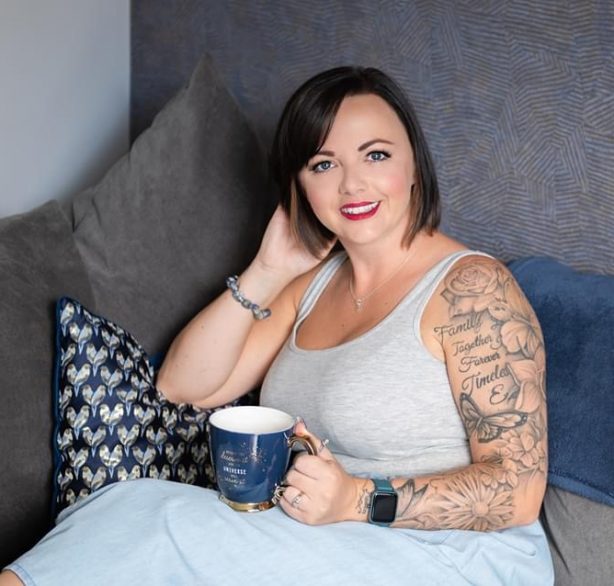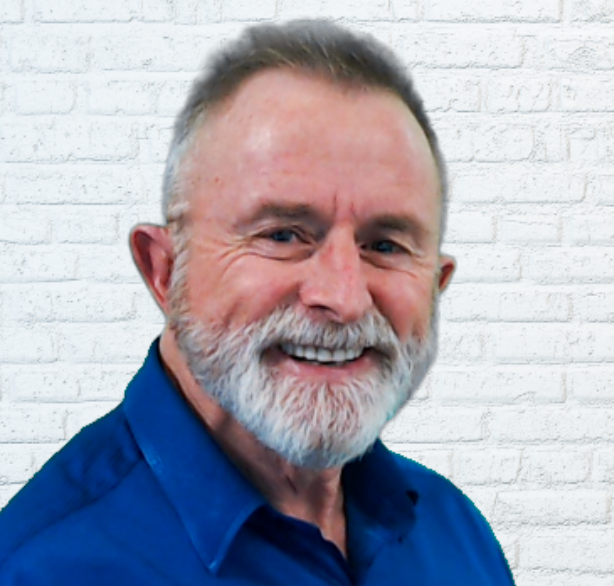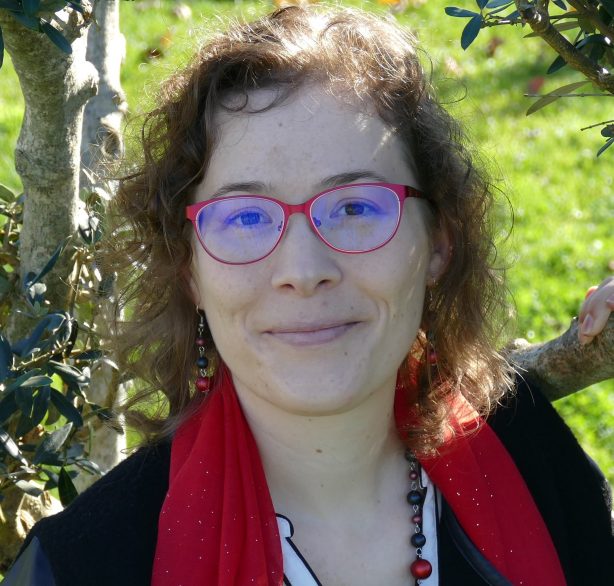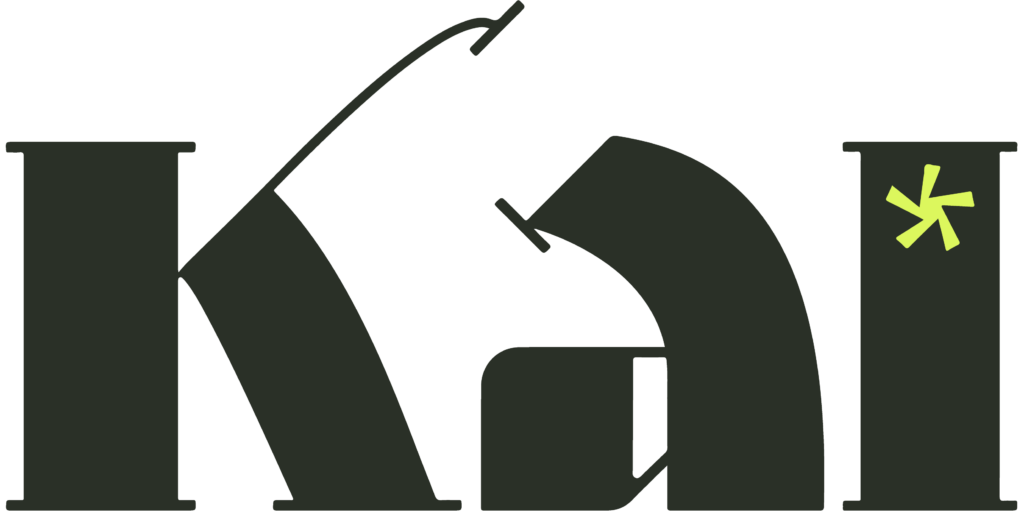Who are you?
I’m on a mission to help entrepreneurs succeed in today’s new economy
To do that I share the lessons learned from my entrepreneurial experiences with my students and business clients.
To date, I have between one and two million views per month, on the Quora Platform. My writings have been viewed nearly 55 million times and received over 2.5 million upvotes. I also started the “Entrepreneurial Mindset” Space with over 1.4 million followers.
I started my first business 27+ years ago before I graduated college. That business is still running today.
Watch the full insightful and inspiring interview with Hector
Discover more about Hector and his insights about the Entrepreneurial Mindset on Quora.
If you prefer reading, here is the transcribed interview
Ziv: Tell us a bit about yourself.
Hector: I am a father of four kids. And just like everyone else here is struggling with this lockdown. And juggling with kids and family, etc. My passion has been entrepreneurship in many ways and car racing. I love car racing.
I was born in an entrepreneurial family. My grandfather was an entrepreneur. My dad was also an entrepreneur. Somehow, I ended up also being an entrepreneur. It wasn’t expected. My family culture was not expecting of us to ever ask for a job. We were expected to “You got to figure out yourself how to make a living”. Right? That’s the environment, that’s the family culture that I grew up with.
And so that led me to this entrepreneurial journey that I started around 27 years ago. And now I’ve been sharing a lot of my experiences and adventures and lessons learned through this process and through this journey with many people throughout social media.
Basically, I write almost daily in the Quora platform where I answer questions. I have over 1000 questions answered there about entrepreneurship. And I’ve come to have a lot of following there. And my answers have over 2.5 Million upvotes.
There’s a lot of valuable content there for many entrepreneurs who want to understand a little bit of the mindset of entrepreneurship.
Ziv: That’s wonderful. You mentioned that you were expected to be an entrepreneur, but how did you start? What was your first step?
Hector: Well, it wasn’t like an expectation. My father never pushed me towards entrepreneurship. What I mean is that it’s a mindset that we grew up with at home. And it was like in my family, I could see it in everyone around me. My father, my family, friends, etc. And in my school, I also attended a school where most people were sons or daughters of businessmen, etc. So, a very entrepreneurial community.
I am from Mexico. I am from Monterrey, Mexico. And this is a very entrepreneurial city and country because we lack of resources. I mean, if we don’t figure out how to make a living, it’s hard to make a good living from a job. Jobs are very scarce, etc. and so I don’t know, it happened. And also, since very young.
I struggled a lot with school. I was not fit for being standard in school in many ways. I know now that I struggled with a little bit of ADD or Dyslexia or whatever it is that me being forced to comply with the standards of school was very, very difficult for me.
Long story short, I failed throughout the school and in that made me grew up very insecure of myself. My self-worth was very low because, I mean, you go through the school system and you see that everyone is doing good in school, etc., and you’re being judged or you’re being told how much you are smart or not smart or treated like a smart kid or stupid kid or whatever.
That really hit me throughout my life. And I grew up with that. My parents were very supportive, trying to help me and understand how to help me to go through the school system. And long story short, that was a little bit of my beginnings.
I eventually went to college and I started studying Civil Engineering. And the reason I picked Civil Engineering was because my father was an architect and the family business was construction and real estate investing. So, that’s what I picked as a career, thinking that I would be like my dad or following the steps of my dad, which never happened.
But here I go to Civil Engineering study, struggling with school, etc. and I failed a lot through college also. But through that process in college, I always had this mission. I need to find my freedom out of this junk. And that was starting businesses. And so I started several businesses, I made three businesses while I was in college. And one of them became very successful. And it’s still running today, 26, 27 years later.
Ziv: Wow. Amazing. You said and I think it happens to a lot of people, that school built insecurity instead of building confidence, it built insecurity. How do you rise from that, for so many years that everyone tells you that you’re a failure?
Hector: Yeah, great question. One of the problems and I write a lot about education today because I think I deeply understand it as I felt like a victim of it. But here’s the problem. Schools are mostly focused on our weaknesses, not on our strengths, and that’s the number one thing like I would highlight.
They’re focused on what you’re doing wrong and they’re trying to mold you to be like everyone else, to fit the standards. It’s all about being standardized. So, if we comply with the standards, you’re great, but who in the world set the standards? I mean, I have amazing strengths that I have come to discover as an adult. But they were never fed or they never helped me in many ways through the school system. That builds a lot of insecurity. I’m sorry I forgot the right word. It’s self-assurance or self-worth.
How do I came out of this? Number one was trying to find a source, finding how can I know that I am worthy of myself and throughout my life I had all this struggles. Because what happened now as an entrepreneur, I was very blessed and lucky to be successful, finding success very early in my career. And this business has been an amazing blessing. That gave me a lot of strength because I had all these failures in school.
And suddenly I found success and I was doing maybe a lot better than most of my friends, financially at first. That gave me a little bit of self-worth and sense of security. But then with my entrepreneurial instinct, I went into other businesses.
I’m very passionate about this. And I see an opportunity and I jumped on it and that’s my instinct. And that got me into trouble, obviously. I failed several other businesses. And then came all these memories of feeling of failure and that brought me down.
And my emotional journey has been up and down. But the real answer to your question is, for me, faith has been my way out of all these all this nonsense that I grew up with, all these negative thoughts and beliefs about myself. Yes, faith has been the answer for me.
Ziv: Faith. Can you elaborate? When you say faith, what do you mean?
Hector: Yep. The Bible. Yes. Christian felt it was faith. It’s my belief.
Ziv: Is it that you are saved? That you’re protected? That there is something bigger than you?
Hector: Yes. That there’s a purpose for my life. That I have a mission here in Earth. That I am a tool of good for others. Being used by what I consider a higher being. So, there’s purpose in my life, and that makes me really unstoppable, I guessed.
Ziv: Amazing. Okay. So, if you need to give an advice to young men and women there, they just start and they want to be a successful entrepreneur, but also to live a good life. And you talk about strengths. What do they need to strengthen in themselves? Other than faith, because they have faith. Okay, we’ve agreed that it’s important.
Hector: Yes. Obviously, faith is very personal. And I talk about it only if people ask me. What’s the advice I would give young adults. To me, number one is find your strengths. I mean, know yourself, self-awareness. Knowing who you are and what are your strengths and weaknesses, so, you can pick your battles accordingly.
That’s very important because it’s very easy being young and even as adult to be led by emotions. Emotions are up and down and one day you feel motivated and we want to do hard work or whatever. And other days we don’t feel it or we’re going through struggles in life or pains or whatever.
Number one is finding your strengths and your purpose. I talk through some of my teachings and coaching that I do, I talk about Three Pillars of a Successful Business or the Three Pillars of Entrepreneurship. And number one is what I called the Pillar of Alignment. And it’s how we must be aligned to the challenge that we’re picking as a business.
Because if, for example, I mean, I can have this great idea, people go by ideas usually. And I have this great idea. I want to take a rocket to space. Beautiful, great idea. There’s a huge opportunity there, but I am not qualified for that. I don’t have the knowledge or strengths of all the engineering, etc. that Elon Musk has, right?
But I have other strengths. I have the ability to explain very complex things in a simple way to communicate this fashion, etc., about entrepreneurship. I am very intuitive of opportunities and I can evaluate them really quickly. I can sense when a person would be a good fit for the company or not. I feel I’ve developed other strengths.
It’s through self-awareness, through knowing myself and complimenting myself with other people, because I have very big weaknesses that I need to support myself. And again, it happens in our instincts. We were trained, it seems very young through the educational system to work in our weaknesses and focus there.
I need to do this. And you passionately try to get it solved because you need to do it or whatever, instead of delegating it and finding someone, either a partner or an employee or an outsourcing guy or whatever it is, but get it solved with other people and focus on your strengths. That would be my biggest advice.
Ziv: So, you talked about strengths and about that entrepreneurship are like a roller coaster and you go through really extreme situations. How do you keep the stress and get a balance life while you do really extreme businesses?
Hector: Yeah, great question. There’s no balance. It’s false. This is a lifestyle. Entrepreneurship is a lifestyle. For me, work is not work. I am passionate about what I do. That’s a very big difference when an employee goes to work, maybe there comes Monday morning and “Again, I need to go to do my work or whatever.” And they can’t wait to get home to do whatever their freedom is, right? Or going to vacations, etc.
And if you are aligned with your vision, with your passion of what is the meaning of your work, you’re not working. I enjoy it every single day. I can do it 24/7. And it’s part of my life. It’s part of my family, dynamic, everything. I go for vacations and I take my family with me and they know that I am sometimes on the phone and sometimes with them.
And then also give me a lot of freedom to do whatever I want. But it’s a package, right? You pick your lifestyle and yes, you can do it on purpose of building your freedom if you want to enjoy life. And they have all this luxuries or whatever and all this free time. Yes, you can build your life around it.
But I don’t think that’s sustainable through the entrepreneurial life. Again, I think success really matters when it is really aligned, it comes from your heart. For me, entrepreneurship, it’s not from the mind, it comes from your heart.
Ziv: It’s really part of who you are. Because it sounds like to be an entrepreneur for you, it should be really part of who you are. It’s part of your life.
Hector: Exactly. Part of who I am. It’s who I am. It’s like, swimmers swim, runners run, right? Olympic athletes are athletes. I am an entrepreneur. It’s my life, right?
Ziv: How do you handle stress? I’m sure there are lots of stressful moments. What do you do?
Hector: Yeah. My family calls my time out. I disappear for a while. I need my space. I need to find balance in my mind and I exercise. I have my timeouts. And lately I’ve discovered that writing could get rid of too much stress.
The thing about stress is for me personally, not being able to control my thoughts, increases my stress levels a lot. And because there may be a negative thought going on and on and all of this tragedy happening all around or whatever.
And there comes faith also, obviously. But a practical thing that I do is exercise. You get out there and just walk or run or whatever. It will dramatically reduce your stress immediately.
Number two, some call it meditation, I may call it praying or whatever it is. But find your peace, right? I mean, you need to intentionally fight your thoughts or whatever method you use to control your thoughts. And that’s my time out or whatever.
And number three is, I mean, for me it’s working. It’s writing. When I focus on writing, my thoughts need to be focused on one single thing, and that’s delivering the message that I’m trying to describe through my writing. And that eliminates a lot of stress for me. That’s how I do it.
Ziv: Interesting. Do you have a life habit, something you do daily that helps you to build yourself to become better as an entrepreneur, as a person?
Hector: Right. Can you elaborate a little bit more on the question?
Ziv: Yeah. Like you said, writing is a habit. If it’s something that you do regularly, then writing is a great habit. Are there any other habits that you do that helps you to become a better you?
Hector: I understand your question. Thank you. Yes. I have my morning routine.
My morning routine is sacred. You can’t mess with my morning routine. Because it gives me power throughout the day. And I know that if I don’t follow this routine, it’s a mess. And this COVID pandemic has disrupted in many ways my power routine that I had.
But ideally is, I woke up very early in the morning and being in the family. I would be in the dynamic of the family, getting kids ready for school. And I love the habit of me taking them to school, even my older kids.
Why I did that? Because it builds small moments of time with them. And just being there, being present for them every single morning, with breakfast and taking them to school.
Number two, from there, I dropped my kids to school and I used to go to a gym and now I do some exercise around my home because of the pandemic. I exercise in the morning before I start my activities. I do it for 30-45 minutes, sometimes an hour. I go back home, I have this good breakfast. Usually if I’m going to exercise I do a very little snack.
So, I eat breakfast, I take a shower or whatever, I’m getting ready. And then before I start to work and while I am exercising I’m listening to positive things, a positive message or some faith based things or music, whatever.
But it’s always positive. I’m working always on controlling my thoughts and building strong thoughts and strong beliefs through faith. And from there, if I get ready for the day and before I even start the day, I have a moment of journaling and I reflect on my day. I reflect on what I’m struggling with.
And personally, this journal, it’s also faith based. It’s between me and God. So, it’s like my personal battles with my life, with him, with whatever I’m angry with or whatever I’m struggling with. And that’s where I go deep into this moment of reflection of my life and then I start my work.
Before that, I just avoid my electronics and the distractions. I know that I can get so easily engaged that if I start the morning answering emails, I’m done, I am out of routine and it affects me throughout the day.
Ziv: That’s powerful. The ability not to touch the phone and to clear your time for yourself, it’s not easy.
Hector: That’s the part of the lifestyle of entrepreneurship, right? I mean, I am in control of my day, of my time, of my hours. And so some people may think that I am always working. Well, I’m always working on myself and on my life and what’s important to me, right?
Ziv: Right. Great. Hector, I really want to thank you for this interview. It was very insightful and inspiring.
Hector: My pleasure. Thank you.
Ziv: Thank you very much.



